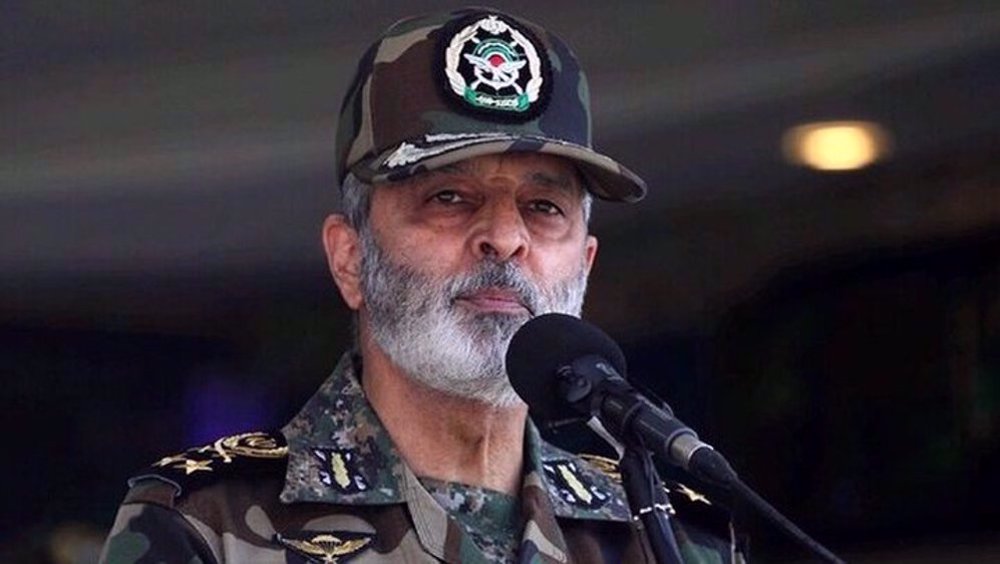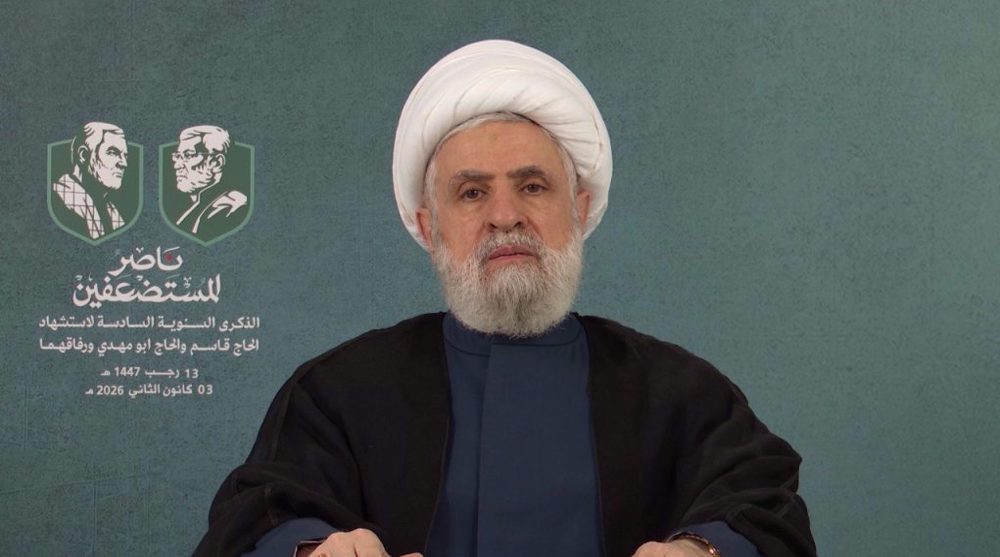What Trump’s ‘decertification’ will mean
By H. Javan
President Donald Trump has long railed against the Iran deal. His earliest known complaints date back to when he was campaigning for presidency, promising to undo everything President Barack Obama had accomplished. But it was not until recently that he really alarmingly took on the issue. He is expected to “decertify” Iranian compliance with the deal shortly.
It is important to make a technical point right here. If he goes ahead with the plan, President Trump will not technically be “decertifying” Iranian compliance with the deal, the Joint Comprehensive Plan of Action, or the JCPOA, which Obama negotiated.
To “decertify” compliance, one must present evidence of a breach. President Trump does not have any such evidence, and when he possibly goes public with the “decertification,” he will be presenting no such evidence.
There is a reason why.
The International Atomic Energy Agency (IAEA), which by the way is the only institution designated under the international deal to monitor and certify or decertify Iranian compliance, has consistently confirmed — in eight reports — that Iran is abiding by its contractual obligations and that the country has never been found in breach of the deal.
So has the US’s own intelligence and military community. In fact, Chairman of the Joint Chiefs of Staff Gen. Joseph F. Dunford Jr. came out publicly with a certification of his own of Iranian compliance. (Earlier, a report had emerged of how President Trump, in his desperate attempts to find an Iranian breach, had pressured the intelligence community to find him one.)
That means President Trump has been empty-handed. There is no evidence of an Iranian breach because an Iranian breach has not occurred.
What we talk about when we talk about the ‘spirit’ of the deal
True, Mr. Trump has repeatedly claimed that Iran is in default of the “spirit” of the deal. But it is worth asking what the president is talking about when he talks about the “spirit” of the deal.
When the Obama administration first opened secret channels with Iran to explore a possible resolution of the dispute over the Iranian nuclear program, well, he was seeking a possible resolution of the dispute over the Iranian nuclear program. And the resultant nuclear deal, which took some 22 months of painful negotiations, addressed exactly that issue.
In case you haven’t taken a look at it, the deal is basically full of technical details about nuclear activities that Iran can or cannot do under the agreement.
Iran and its then-interlocutors decided to sit down and talk about the nuclear issue. They would wait and see if there appeared enough goodwill on the part of all parties and if enough confidence-building was done to think about negotiating on other issues.
The Trump administration has said it has concerns about Iran’s missile activities and what it calls Iranian meddling in regional affairs. That is not particularly new. Previous US administrations, including that of President Obama, had made similar statements.
But what the Trump administration is not saying is how those issues constitute the “spirit” of a deal that is exclusively about the Iranian nuclear program. Should there not be at least a semblance of connection between the letter and the “spirit” of a deal?
So, what the American president will potentially be doing is that, as if all because of a grudge, he will be refusing to certify Iranian compliance, which is factually certifiable and has, ironically, been factually certified.
America Alone
It is very clear by now that Mr. Trump will also be widening a rift with the US’s closest allies — in Europe. They have been clear that they will not be scrapping the deal or re-imposing sanctions on Iran if the US does those things.
If they had been cautious in their rhetoric up until a certain point, taking care not to sound too divergent from their ally across the Atlantic, they now have become as explicit as one can get.
Austria’s envoy to the United Nations, Jan Kickert, said on Tuesday that the deal would continue to stand even if the US withdrew. The European Union’s top diplomat, High Representative Federica Mogherini, said it most clearly a day later:
“The message that America would send to the rest of the world is that America cannot be trusted upon, because a deal that America voted for just two years ago in the UN Security Council with a resolution unanimously adopted, a deal that America helped to shape enormously, enormously, would be rejected by the same country,” Mogherini told PBS NewsHour.

And that is not to mention Russia and China, two veto-wielding members of the United Nations Security Council, who also have made it clear that the deal should stand.
When President Trump rode a wave of mainly white discontent to the White House, he pulled it off in large part because of his de facto campaign slogan “America First.” By alienating much of the world on the Iran deal, with huge implications for other internationally-negotiated accords, he will be effectually turning that slogan into “America Alone.”
In all fairness, when the American president “decertifies” Iranian compliance, he will be giving cause for celebration to a fringe group of hard-line politicians around him (or not quite near him), and a bigger base of supporters, who, like most grassroots supporters in the world, may not be following political developments with particular meticulousness.
And finally, it is worth thinking about one thing the president will not be doing by refusing to certify Iranian compliance. He will not be making it any easier for the long-running antagonism and distrust between Iran and America to begin to lessen.
Critics of the deal, including the Trump administration itself, have claimed that the deal only kicks the can down the road, that there is a “sunset clause” that sets an expiration date for the limits on the Iranian nuclear activities after which Iran will be free to develop a nuclear weapon.
That is a moot point. Its technical falsity has been well-debated. Firstly, the already-intrusive IAEA monitoring of Iranian nuclear activities agreed under the deal will never expire. And secondly, Iran and its negotiating partners agreed under the deal that if the agreement is fully implemented by all sides, Iran will in eight years ratify the Additional Protocol at its Parliament. That means Iran would make the Agency’s most intrusive monitoring regime domestic law.

In fact, by reneging on its contractual pledges to Iran, America will make it harder for any prospect of a betterment of the ties with Iran to emerge anytime soon. That will be the real kicking of the can down the road.
There is no reason why, as Mr. Trump’s Secretary of State Rex Tillerson seems to believe, Iran and America should have to “leave it to the next generation to try” to “change the nature of this relationship.”
Given all the chaos that is going on in the world today, they have every good reason to try now — and they have it in their capacity to.
(The views expressed in this article do not necessarily reflect those of Press TV.)
Hamas: Israel escalating ceasefire violations in Gaza
Venezuela's government declares unwavering unity behind Maduro
VIDEO | Global outcry over Venezuela president abduction
Iran keeps wheat import subsidies despite cutting other food supports
Venezuelan military stands with acting president after US kidnapping of Maduro
VIDEO | Press TV's news headlines
VIDEO | Protesters in Toronto slam US kidnapping of Venezuelan president
Israeli troops detain, intimidate Palestinian toddler in West Bank










 This makes it easy to access the Press TV website
This makes it easy to access the Press TV website